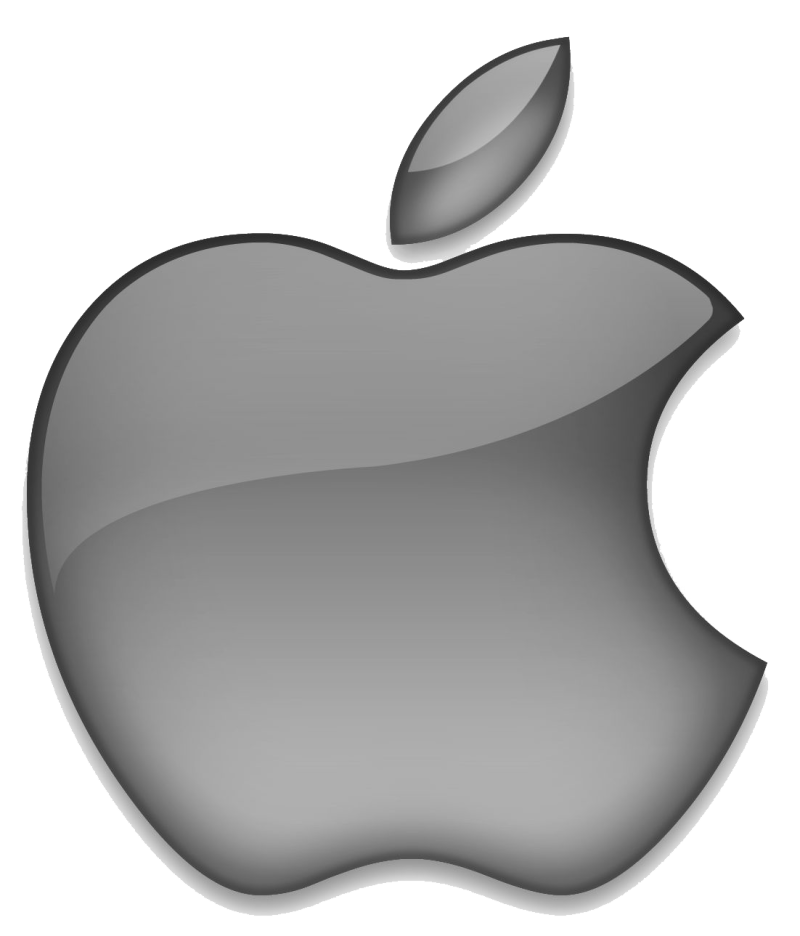Table of Contents Show
Apple Inc. has consistently been at the forefront of technological innovation and financial performance. With its ability to blend cutting-edge technology with mass appeal, Apple has set a gold standard that competitors strive to emulate. But what makes this tech giant the most likely candidate to become the world’s first $4 trillion company? Let’s unpack the reasons in detail.
1. Unparalleled Brand Loyalty
Apple’s brand is not just a name; it’s a lifestyle. The company has cultivated an almost cult-like following that ensures high customer retention rates. A staggering 90% of iPhone users say they will stick with the brand for their next device. This loyalty provides a dependable revenue stream, allowing Apple to grow steadily even in volatile markets.
2. Dominance in the Premium Market
Apple has cornered the premium segment of consumer electronics. Whether it’s smartphones, tablets, laptops, or wearables, Apple’s devices consistently dominate the high-end market. Despite competitors offering similar specs at lower prices, Apple’s ability to sell products at premium prices significantly boosts its profit margins. This financial strategy is a cornerstone of its valuation.
3. Diversification Beyond Hardware
While iPhones contribute a significant portion of Apple’s revenue, the company has strategically diversified its offerings:
- Services: Apple’s services – like Apple Music, iCloud, Apple Pay, and the App Store – generate recurring revenue. In fiscal year 2023, services alone contributed over $100 billion to Apple’s revenue.
- Wearables: Products like the Apple Watch and AirPods have created entirely new categories of devices, further cementing Apple’s dominance.
This diversified portfolio reduces reliance on a single product, ensuring stability and growth.
4. Expanding Ecosystem
Apple’s ecosystem is its secret weapon. Each product is designed to work seamlessly with others, creating a “stickiness” that locks users into the Apple universe. Once a customer buys an iPhone, they’re likely to purchase an Apple Watch, AirPods, or a MacBook to maximize the experience. This interconnected ecosystem guarantees repeat customers and upselling opportunities.
5. Innovation Pipeline
Apple is synonymous with innovation. The company is heavily investing in areas that promise significant future growth:
- Augmented Reality (AR): With the launch of Vision Pro, Apple has entered the AR/VR space, setting the stage for a new computing paradigm.
- Artificial Intelligence (AI): While not as vocal as some competitors, Apple integrates AI subtly but effectively in products like Siri, the iPhone’s computational photography, and health tracking on Apple Watch.
- Electric Vehicles (EVs): Rumors of the Apple Car project suggest the company is preparing to disrupt the automobile industry, much like it did with smartphones.
6. Global Expansion
Apple’s growth in emerging markets, particularly India, is another key driver. In 2023, Apple opened its first retail stores in India, signaling a stronger focus on this rapidly growing market. With a burgeoning middle class and increasing smartphone penetration, India could become one of Apple’s largest revenue sources in the coming decade.
7. Mastery of Supply Chain and Scalability
Apple’s supply chain is a marvel of modern engineering. By leveraging economies of scale and fostering deep partnerships with suppliers, Apple maintains a cost advantage while ensuring top-notch quality. Its ability to scale production to meet global demand is unmatched, giving it a competitive edge.
8. Financial Strength
Apple’s financials are as robust as its products. In fiscal year 2023, Apple reported over $380 billion in revenue and a net income of $94.7 billion. Its massive cash reserves – nearly $200 billion – give the company unparalleled flexibility for investments, acquisitions, and shareholder returns.
9. Resilient in Economic Downturns
Unlike many companies, Apple has shown resilience during economic downturns. Its focus on premium products insulates it from price wars and allows it to maintain high margins. Additionally, its diversified revenue streams cushion the impact of any single market slowdown.
10. Commitment to Sustainability
Apple’s commitment to environmental sustainability is not just a moral choice but a strategic one. By investing in renewable energy, recycling programs, and carbon-neutral goals, Apple appeals to the increasingly eco-conscious consumer base. This focus not only enhances its brand image but also attracts ESG-focused investors.
11. Shareholder-Friendly Policies
Apple has a history of rewarding its shareholders generously. With consistent stock buybacks and dividend payouts, the company remains an attractive option for investors. These practices increase earnings per share (EPS), further boosting its valuation.
12. The “Halo Effect”
The success of one Apple product often drives sales of others. For example, the popularity of the iPhone has boosted the adoption of Apple’s services, AirPods, and Apple Watches. This “halo effect” ensures that success in one category amplifies success in others, creating a self-reinforcing growth cycle.
13. First-Mover Advantage in Key Markets
Apple’s ability to identify and dominate emerging markets early is another factor. For instance, its foray into the wearables market with the Apple Watch and AirPods turned these into billion-dollar categories. Similarly, Vision Pro positions Apple to lead the AR/VR revolution.
14. The “Apple Tax””
Apple’s ecosystem ensures a consistent revenue stream through the so-called “Apple tax.” The company takes a 15-30% cut from transactions on its App Store. As developers continue to target iOS for its lucrative user base, this revenue stream will remain significant.
15. Global Prestige
Apple’s products are aspirational, particularly in emerging markets. Owning an iPhone or MacBook is often seen as a status symbol. This aspirational value allows Apple to command premium prices globally, contributing to its financial dominance.
16. Technological Leadership in Silicon
Apple’s in-house chip development, spearheaded by the M1 and M2 series, has revolutionized computing. By controlling both hardware and software, Apple delivers performance and efficiency unmatched by competitors. This technological leadership extends Apple’s dominance into the future.
17. Visionary Leadership
While Steve Jobs’ passing was a significant moment in Apple’s history, Tim Cook has proven to be a steady and visionary leader. His focus on operational excellence, innovation, and shareholder value has kept Apple on its growth trajectory.
18. Inflation-Proof Pricing
Apple’s customers are willing to pay a premium, making its pricing strategy largely immune to inflationary pressures. This resilience ensures steady revenue growth even when other companies face margin compression.
19. Network Effects
Apple’s products benefit from network effects. The more people use iPhones, the more attractive the ecosystem becomes for developers and service providers. This virtuous cycle reinforces Apple’s market position and drives growth.
20. AI-Powered Health Initiatives
Apple’s focus on health technologies, particularly through the Apple Watch, positions it as a leader in preventive healthcare. Features like heart rate monitoring, blood oxygen levels, and ECG have saved lives and earned consumer trust. This focus could open new revenue streams in the trillion-dollar healthcare industry.
The Path to $4 Trillion
So, how does Apple translate these strengths into a $4 trillion valuation? Here’s the likely roadmap:
- Continued Growth in Services: Expanding subscription services like Apple TV+, Fitness+, and new offerings will drive recurring revenue.
- Expansion in Emerging Markets: Capturing markets like India and Africa will provide significant growth opportunities.
- Breakthrough Products: Success in AR/VR and potential entry into EVs could create entirely new revenue streams.
- Stock Buybacks: Consistent buybacks will reduce outstanding shares, driving up the stock price.
Conclusion
Apple’s journey to a $4 trillion valuation is not a question of “if” but “when.” With its unparalleled brand loyalty, diversified revenue streams, and relentless focus on innovation, Apple is well-positioned to achieve this historic milestone. While competitors may rise and fall, Apple’s unique blend of technology, design, and ecosystem mastery ensures its place at the pinnacle of the global economy.









